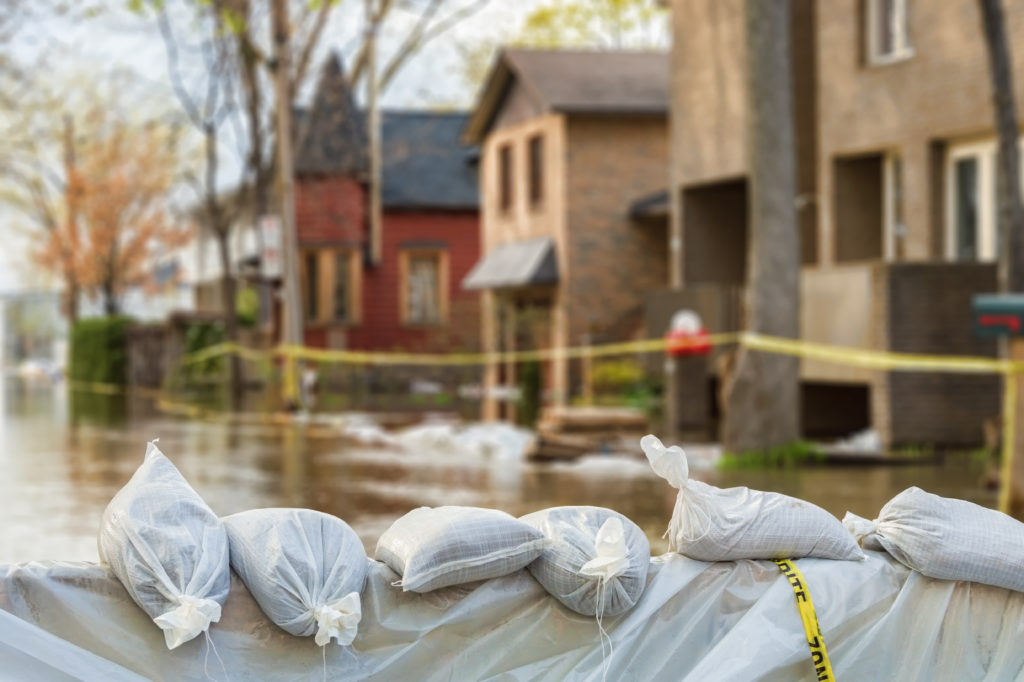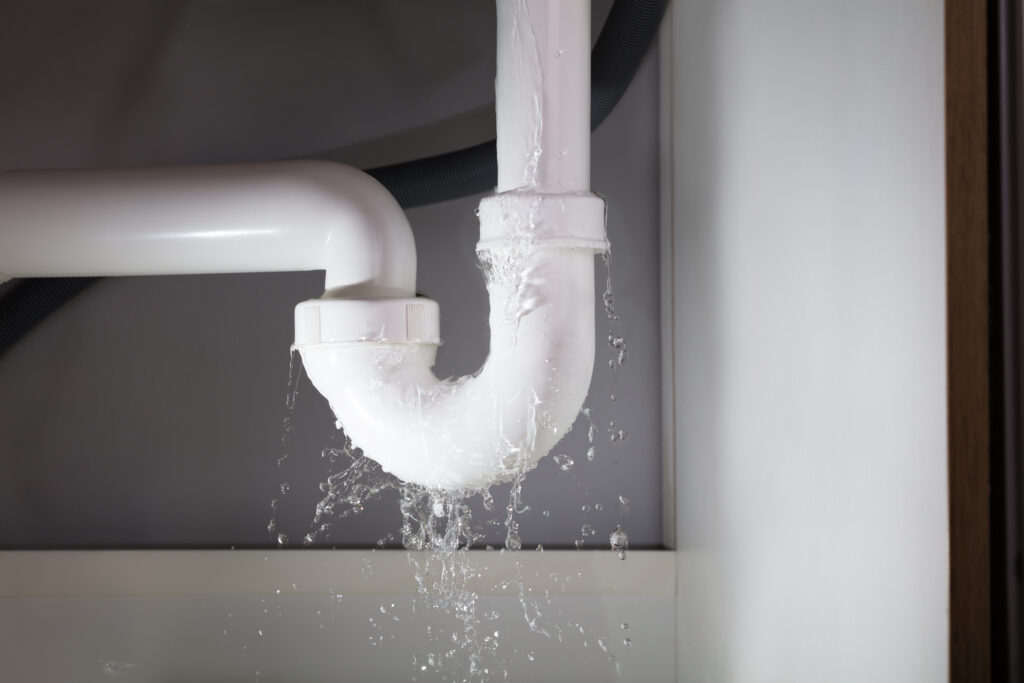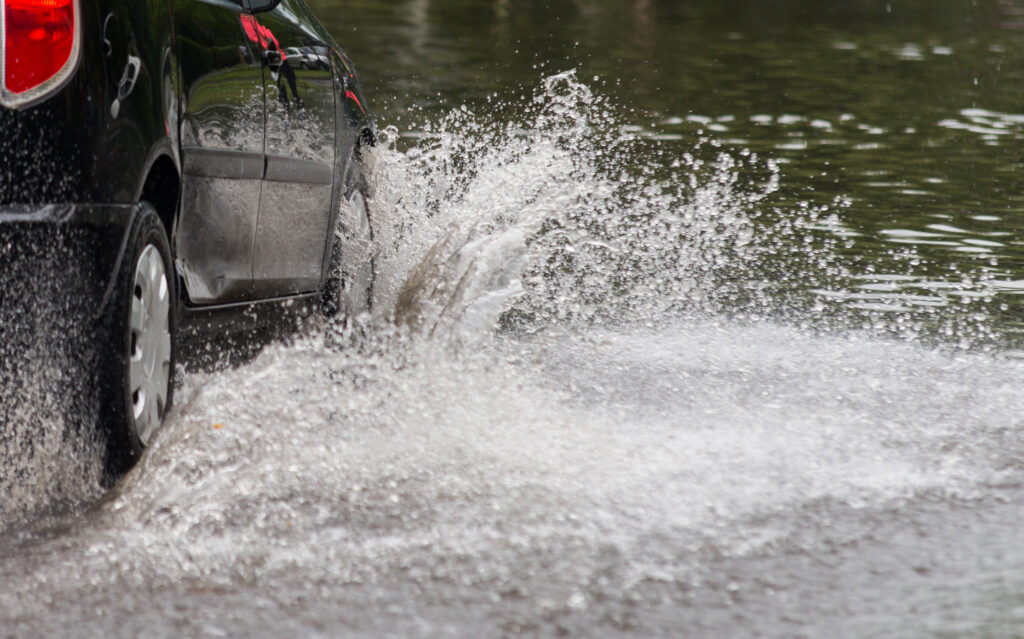
Ideas to Grow Your Landscaping Business in the Off-Season
Ideas to Grow Your Landscaping Business in the Off-Season For Landscape Contractors, if the sun is shining, you’re busy working! Spring and summer are likely
Flood insurance is a useful additional coverage that gives you peace of mind. Flood insurance covers direct physical loss caused by a “flood,” which is defined as an excess of water on land that is normally dry. This additional insurance is a great way to cover damages that result from heavy rains, snowstorms, overflowing storm drains, levees, and more.

Although many of us think we are safe from the potential of any floods because we live far from a body of water, there are other ways floods can reach us. For example, flash floods, which are caused by heavy rain and thunderstorms, can occur in all 50 states. Other weather scenarios that can cause flooding include winter storms, seasonal melting, mudslides, poor drainage systems, and failed dams or levees. To put it into perspective, floods are the most common natural hazard. According to research conducted by Texas A&M and Maryland University, over the past 25 years there has been a flood incident once every 2-3 days in the U.S.

The National Centers for Environmental Information found due to flood damages in the U.S., taxpayers have lost over $850 billion since 2000. Want to hear an even more surprising statistic? The Consumer Federation of America estimates only 20% of homeowners have the additional flood insurance to help pay for damages in the event of a flood. Many homeowners and renters don’t realize that their typical insurance policies may offer protection for plumbing-related damage and other appliance leaks, but do not cover losses involving naturally occurring floods. That’s why it is so important to have this extra layer of protection.
Did you know you are more likely to experience a flood compared to a fire when living in high-risk areas? In fact, according to the National Flood Insurance Program, you are 27 times more likely to experience a flood than a fire during a 30-year mortgage. Now the question is “Why?” Over the last few decades, the U.S. has experienced major shifts in weather, American Rivers association found that there was a 20% increase in heavy rainfalls, leading to more floods. If you combine this with the increase in land development, you’ll see that the water has nowhere else to naturally travel, sending it straight to surrounding homes.

In the event of a flood, the damage can be unbelievable. From damage to your home, vehicles, personal property, and more, it is important to protect your belongings. Just one inch of water can cause significant property damage. Within the first 24 hours, moisture, mildew or mold can damage floors, walls, electrical components and even the structural integrity of your house.

Some floods may develop within hours and even minutes after an event. Floods can occur soon after excessive rainfall, a dam or levee breaking, and following other natural disasters such as hurricanes, storms, and tornadoes. Although some floods may take longer, such as drainage systems or ice melting, they can still be dangerous. When it comes to floods, it is best to be prepared. In the majority of cases, it takes 30 days after the purchase of flood insurance to take effect, making it critical to apply for coverage well in advance to the next potential flood.
So, what happens when your house has been involved in a flood and you didn’t have flood insurance? Without flood insurance relief typically comes in the form of loans. If your community is declared a disaster area typically the federal government will offer no-interest or low-interest loans as part of the effort to recover. However, eventually you must pay those loans back, which means you’re still liable for the entire cost of your damages.
___________________________________________________________________
This article is for general informational purposes only and is not to be relied upon or used for any particular purpose. Cross Insurance shall not be held responsible in any way for, and specifically disclaims any liability arising out of or in any way connected to, reliance on or use of any of the information contained in this article. The information contained or referenced in this article is not intended to constitute and should not be considered legal, insurance, accounting or other professional advice, nor shall it serve as a substitute for the recipient obtaining such advice. The views expressed in this article are that of its author and do not necessarily represent the views of Cross Financial Corp. and its subsidiaries and affiliates (“Cross Insurance”) or Cross Insurance’s management or shareholders.

Ideas to Grow Your Landscaping Business in the Off-Season For Landscape Contractors, if the sun is shining, you’re busy working! Spring and summer are likely

When Should I Begin Thinking About Medicare? Disclaimer: This is an advertisement and solicitation. The Medicare eligibility age is typically age 65, however, you may

Starting a Business in Retirement You’ve retired from your career, but is it time for an encore? Maybe you’ve been thinking about a dream business